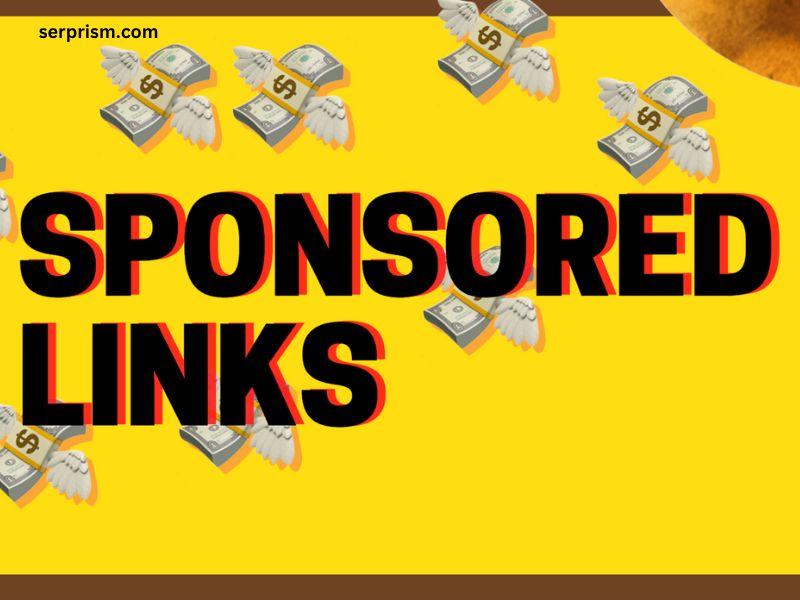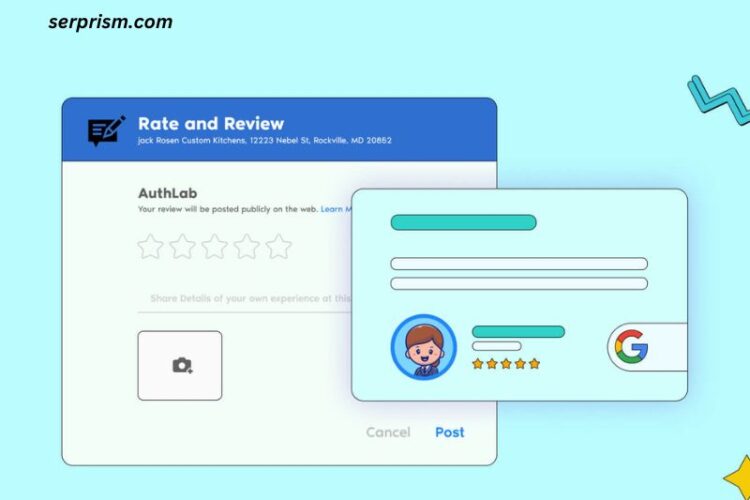
In the ever-evolving landscape of digital marketing, Google Sponsored Links, commonly known as Google Ads, play a crucial role for businesses aiming to reach their target audience efficiently. These links, when functioning correctly, can drive significant traffic, increase conversions, and ultimately boost revenue. However, there are instances when Google Sponsored Links break, leading to a negative impact on campaigns and user experience. Understanding why these links break and how to address the issues is essential for maintaining a successful online advertising strategy.
What are Google Sponsored Links?
Google Sponsored Links are paid advertisements that appear on Google’s search engine results pages (SERPs). These ads are created through Google Ads, a platform where advertisers bid on keywords to display their ads to users searching for relevant terms. Sponsored links are displayed above or below the organic search results, giving businesses an opportunity to appear prominently in search queries related to their products or services.
When users click on these sponsored links, they are redirected to a landing page specified by the advertiser. The success of these campaigns hinges on the smooth functioning of these links, ensuring users reach the intended destination without any issues.
The Importance of Functional Google Sponsored Links
Functional Google Sponsored Links are vital for several reasons:
- User Experience: A smooth and seamless user experience is crucial for retaining potential customers. Broken links can frustrate users, leading them to abandon their search and potentially switch to a competitor’s site.
- Conversion Rates: When sponsored links function correctly, they guide users to a specific landing page designed to convert them into customers. A broken link disrupts this process, resulting in lost sales and wasted advertising spend.
- Ad Rank and Quality Score: Google Ads uses various factors, including the functionality of your landing page, to determine the Quality Score of your ads. A higher Quality Score can lead to better ad placements and lower costs per click (CPC). Broken links can negatively affect your Quality Score, reducing the effectiveness of your campaigns.
- Brand Reputation: Consistent issues with broken sponsored links can damage your brand’s reputation. Users who repeatedly encounter problems with your ads may associate your brand with a lack of professionalism and reliability.
Given the importance of functional sponsored links, it is essential to understand why these links break and how to prevent or fix them.
Common Reasons for Broken Google Sponsored Links
-
URL Changes and Redirects
One of the most common reasons for broken Google Sponsored Links is changes to the URL structure of the landing page. If the URL for a landing page is altered, moved, or deleted without updating the corresponding ad, the link will break. Similarly, improper or outdated redirects can lead users to incorrect pages or result in 404 errors.
Solution: Regularly audit your website’s URL structure and ensure that any changes are reflected in your Google Ads. Use 301 redirects for permanent changes and 302 redirects for temporary ones, and test these redirects to confirm they work as intended.
-
Expired Landing Pages
Landing pages associated with Google Sponsored Links may have expiration dates, particularly in time-sensitive campaigns like seasonal promotions. If the landing page is taken down after the campaign ends, any clicks on the associated ad will lead to a broken link.
Solution: Plan your campaigns carefully, keeping track of landing page expiration dates. If a landing page is no longer needed, update your ads with a new URL or pause the campaign to avoid sending users to a non-existent page.
-
Server Issues
Server outages or misconfigurations can cause Google Sponsored Links to break. If the server hosting your landing page goes down or is misconfigured, users will be unable to access the page, resulting in a poor user experience and wasted ad spend.
Solution: Ensure your hosting provider offers reliable uptime and monitor your server’s performance regularly. Implement load balancing and redundancy to minimize the risk of server-related issues affecting your Google Sponsored Links.
-
Typographical Errors
Simple typographical errors in the URL can cause Google Sponsored Links to break. A single misplaced character can lead users to a non-existent page or trigger a 404 error.
Solution: Double-check all URLs before publishing your ads. Use tools like Google Ads Editor or automated scripts to validate URLs and detect errors before they become live.
-
Content Management System (CMS) Updates
Updates to your CMS or website platform can inadvertently alter URL structures or break links. This is particularly common when updating themes, plugins, or making significant changes to the site architecture.
Solution: Before making updates to your CMS, review the potential impact on your URLs and landing pages. Conduct thorough testing post-update to ensure that all Google Sponsored Links remain functional.
-
Incorrect Tracking Parameters
Tracking parameters are often added to URLs to monitor the performance of Google Sponsored Links. However, incorrect or incompatible parameters can break the link, leading to errors when users attempt to access the landing page.
Solution: Carefully configure tracking parameters and test them to ensure they work correctly with your URLs. Use URL builders or tracking tools provided by Google Ads to create and validate your tracking URLs.
-
Google Ads Policy Violations
Google has strict policies regarding the content and functionality of landing pages. Violations of these policies, such as linking to prohibited content or pages that offer a poor user experience, can result in ads being disapproved or links being broken.
Solution: Familiarize yourself with Google Ads policies and ensure that your landing pages comply with them. Regularly review your ads and landing pages to prevent policy violations that could disrupt your campaigns.




